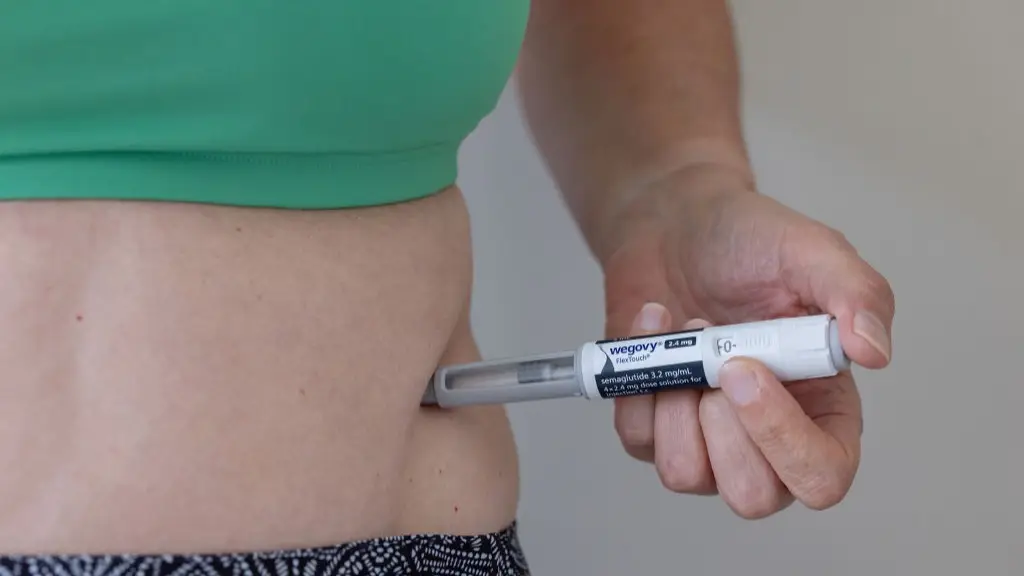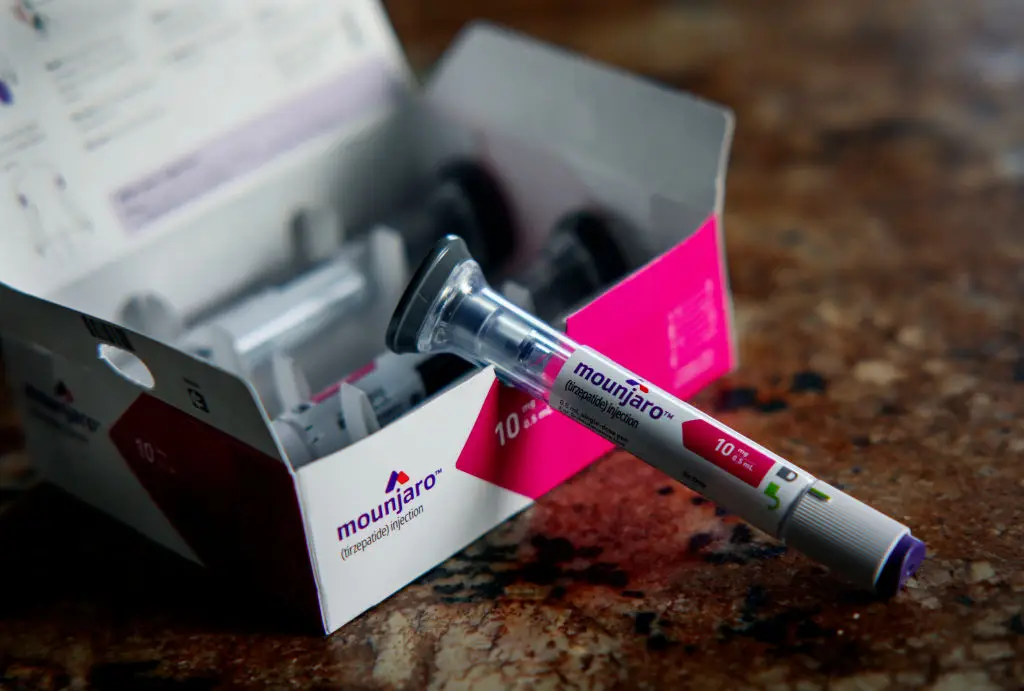
Health experts have issued a new warning about what happens to the body after taking weight loss drugs.
Drugs like Wegovy and Mounjaro have soared in popularity in the US and around the world in recent years, with many taking the jabs to treat type 2 diabetes or for weight loss.
An estimated 15.5 million adults in America, roughly six percent of the adult population, have turned to the injectable medications in a bid to either curb obesity or for diabetes, according to a Gallup National Health and Well-Being Index.
However, while the potential side effects of GLP-1 drugs are well documented, such as implications in sex drive, mental health and sagging skin, medical professionals are now warning users to prepare for what happens after they stop taking the jabs.
Advert
According to an independent committee at the National Institute for Health and Care Excellence (N|CE), research shows many people end up regaining the weight they've lost after stopping treatment.

While the drugs are often prescribed to users alongside programmes that stress the importance of healthy weight loss through dietary changes and an increase in physical activity, medical professionals warn there is not as much support to help people keep the weight off when they stop.
For example, in a Wegovy (semaglutide) drug trial, patients put on around two-thirds of their original weight when they came off the injections.
In a similar study on Mounjaro (tirzepatide), researchers found withdrawing the drug 'led to substantial regain of lost weight'.
Another study in China examined what happened to 2,466 patients in the weeks and months after they stopped taking GLP-1 medications which found 'significant weight regain occurred eight weeks after discontinuation of AOMs [anti-obesity medications]'.
Now, in a bid to provide better support and bridge this gap, the public health body is calling on medics to provide structured, tailored advice and follow-up support for patients to promote positive changes to their daily habits long-term.

While this could include the help of a dietician or a nutritionist and/or peer support groups such as walking and other fitness groups, NICE highlights patients should also be advised how to adapt their work or home life, use self-monitoring tools and to 'draw on wider support' online and in their local area.
"Weight management is a long-term journey, not a short-term fix," Dr Rebecca Payne, Chair of NICE’s Quality Standards Advisory Committee, said.
"The evidence is clear that advice and support for maintaining weight after stopping medicines or completing behavioural interventions can help prevent weight regain and enable people to experience lasting benefits."
Professor Jonathan Benger, deputy chief executive and chief medical officer at NICE, added: "Successful weight management doesn’t end when medication stops or when someone completes a behavioural programme.
“We know that the transition period after treatment is crucial, and people need structured support to maintain the positive changes they’ve made."

He stressed the new standard should see service providers establish a 'continuity of care' that shifts from a 'sickness service' to a 'genuine health service focussed on prevention'.
NICE has since rolled out the new standard across healthcare providers and commissioners in the UK 'immediately'.
UNILAD has contacted Mounjaro's manufacturer, Eli Lilly and Company, and Wegovy's manufacturer, Novo Nordisk, for comment.
Topics: Mounjaro, Health, US News, World News, Fitness